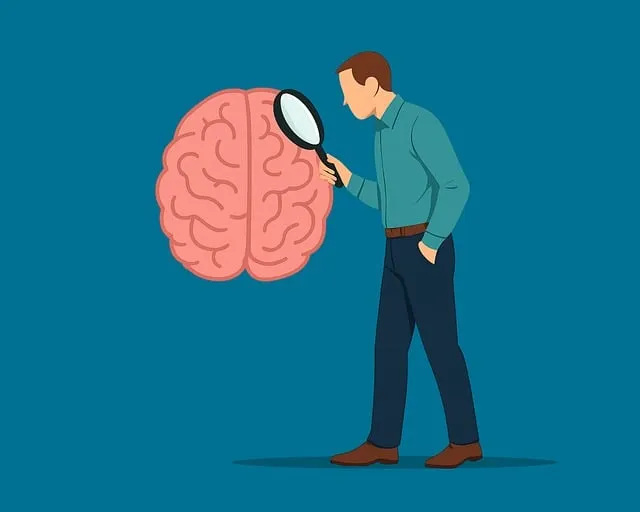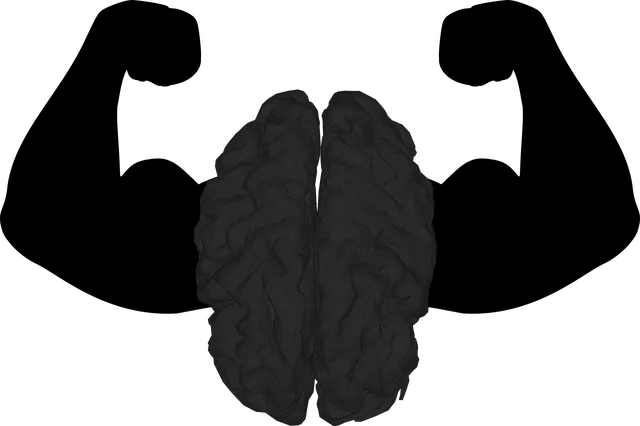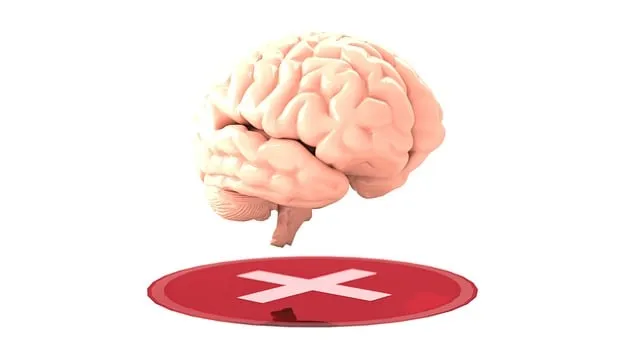The Lone Tree Kaiser Permanente mental health department tackles misdiagnosis and delayed treatment by prioritizing cultural sensitivity, offering comprehensive training for healthcare providers, and reducing stigma. They employ advanced technologies like AI algorithms to improve diagnosis accuracy and provide educational initiatives to engage the community. Through these efforts, the department significantly enhances mental illness diagnosis and care accessibility for diverse communities, ensuring a supportive environment free from stigma.
Mental illness diagnosis accuracy is a critical aspect of patient care, and ongoing efforts are essential to improve outcomes. This article explores the current challenges in diagnosing mental health conditions, highlighting the significance of accurate assessments. We delve into innovative techniques, including advanced tools, that enhance diagnostic accuracy. Additionally, we focus on the successful strategies employed by Kaiser Permanente Lone Tree’s mental health department, emphasizing the power of training and community engagement to improve diagnosis rates among their 10,000+ patients.
- Understanding the Current Challenges in Mental Illness Diagnosis
- Innovative Techniques and Tools for Enhancing Accuracy
- The Role of Training and Community Engagement at Kaiser Permanente Lone Tree
Understanding the Current Challenges in Mental Illness Diagnosis

Mental illness diagnosis faces significant challenges, often marked by misdiagnosis and delayed treatment. The complexity of symptoms, especially in diverse populations, poses a hurdle for healthcare professionals. For instance, cultural nuances and social determinants of health can significantly influence an individual’s presentation and communication of symptoms, leading to variations in diagnosis across different communities. At Lone Tree Kaiser Permanente, the mental health department is actively addressing these issues by prioritizing Cultural Sensitivity in Mental Healthcare Practice and implementing comprehensive Healthcare Provider Cultural Competency Training programs.
The impact of mental illness stigma reduction efforts cannot be overstated. Stigma perpetuates secrecy, hindering individuals from seeking help. By fostering an environment that encourages open dialogue and understanding, healthcare providers can improve diagnosis accuracy while ensuring patients feel safe and supported throughout their treatment journey. These initiatives are crucial steps towards enhancing mental health care accessibility and outcomes for all, regardless of background or identity.
Innovative Techniques and Tools for Enhancing Accuracy

The Lone Tree Kaiser Permanente mental health department has been at the forefront of revolutionizing diagnosis accuracy with innovative techniques and tools. They’ve incorporated advanced technologies like artificial intelligence (AI) algorithms, which can analyze vast datasets to identify patterns indicative of specific mental health conditions. This data-driven approach significantly enhances diagnostic precision, ensuring that each patient receives a tailored treatment plan based on evidence-based practices.
Furthermore, the department has initiated a Mental Wellness Podcast Series Production, leveraging audio content to educate both patients and the broader community about various aspects of mental wellness. By addressing common misconceptions and promoting open conversations, they aim to reduce the stigma associated with seeking help. These efforts, combined with ongoing training on burnout prevention for healthcare professionals, contribute to a holistic improvement in diagnosis accuracy and patient care within the department.
The Role of Training and Community Engagement at Kaiser Permanente Lone Tree

At Kaiser Permanente Lone Tree, significant strides have been made in enhancing mental illness diagnosis accuracy through comprehensive training programs and robust community engagement initiatives. The mental health department actively invests in ongoing educational sessions for its staff, focusing on staying current with best practices and recent research advancements in psychiatric care. These efforts ensure that every professional involved in patient assessment and treatment is equipped with the latest knowledge and skills.
Community engagement plays a pivotal role in fostering an environment where individuals feel comfortable seeking help without fear of stigma. Kaiser Permanente Lone Tree has been instrumental in implementing Mental Illness Stigma Reduction Efforts, organizing workshops, and distributing resources to promote mental wellness. Additionally, they offer guidance on Mental Wellness Journaling Exercises and Crisis Intervention techniques, empowering both patients and support systems to navigate challenging situations effectively.
Mental illness diagnosis accuracy has long been a complex issue, but with innovative techniques, tools, and increased training, significant improvements are achievable. As demonstrated by the successful efforts at Lone Tree Kaiser Permanente’s mental health department, engaging communities and implementing advanced strategies can lead to more precise diagnoses, ultimately enhancing patient care and outcomes for those seeking support. These initiatives underscore the importance of continuous improvement in mental healthcare delivery, particularly within integrated healthcare systems like Kaiser Permanente, where access to resources and specialized training empowers professionals to better assist individuals navigating their mental health journeys.






